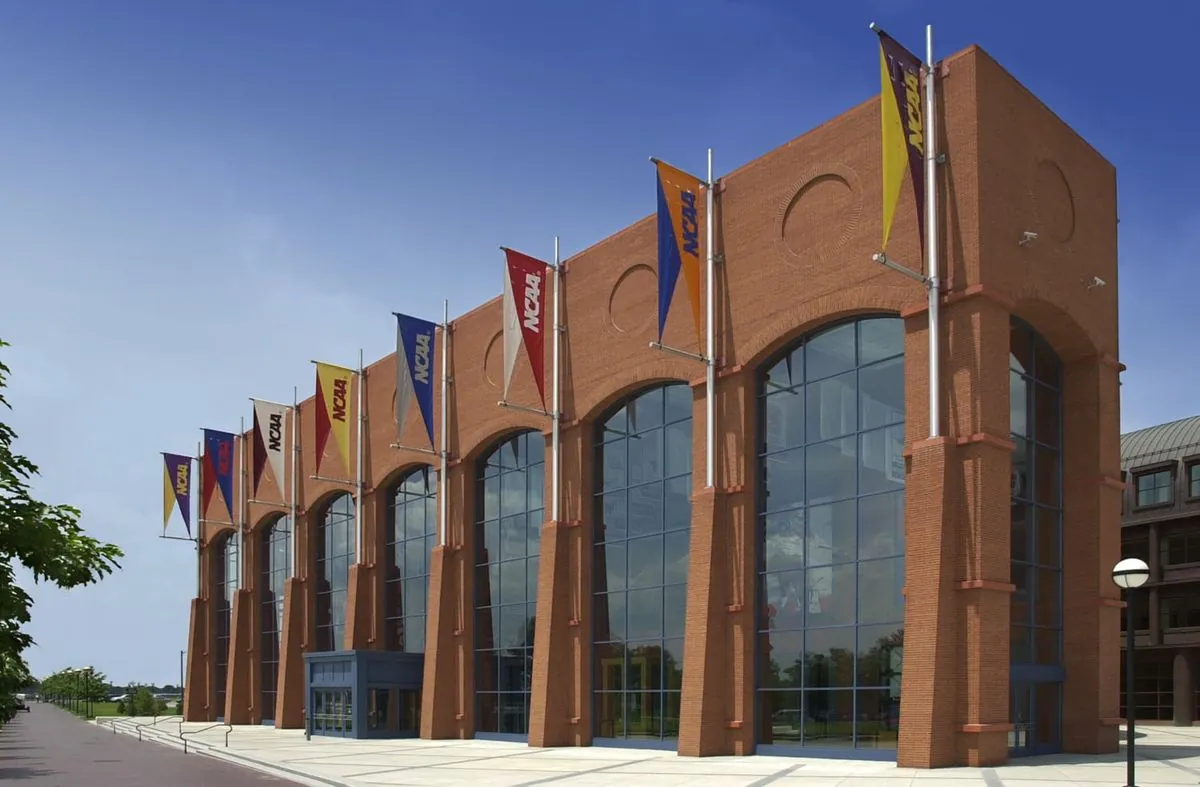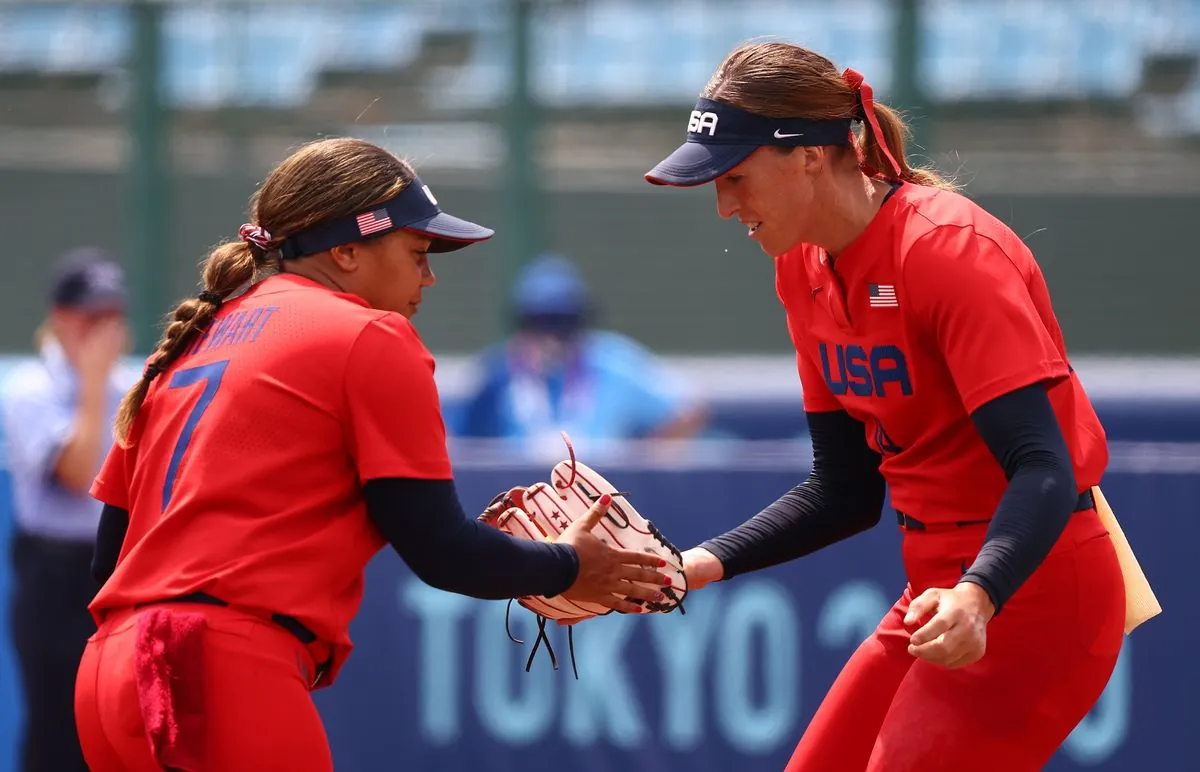NCAA's $2.7B Settlement: Law Firms Eye Massive Fees in Landmark Deal
Two U.S. law firms negotiate groundbreaking $2.7B settlement with NCAA, potentially allowing student-athlete pay. Proposed fee structure sparks debate as firms seek hundreds of millions in compensation.

In a landmark development for collegiate sports, two prominent U.S. law firms have brokered a $2.7 billion settlement with the National Collegiate Athletic Association (NCAA), potentially paving the way for student-athletes to receive compensation for the first time in the organization's 118-year history. This groundbreaking agreement, reached in July 2024, marks a significant shift in the NCAA's longstanding policies prohibiting athlete payments.
The settlement, spearheaded by Hagens Berman Sobol Shapiro and Winston & Strawn, aims to resolve antitrust lawsuits challenging the NCAA's restrictions on athlete compensation. These restrictions have been a contentious issue for decades, with the NCAA facing numerous legal challenges to its amateurism model. The agreement's total value is estimated to exceed $20 billion, largely based on projected future earnings for student-athletes.

However, the proposed fee structure for the law firms has sparked debate and objections. The firms are seeking a multifaceted compensation package, including:
- A $20 million upfront payment
- Up to $495.2 million based on a percentage of settlement funds over the next decade
- An annual stake in future athlete compensation, potentially reaching $250 million over ten years
Steve Berman of Hagens Berman and Jeffrey Kessler of Winston & Strawn defend their fee request, citing the case's historic nature and the substantial value delivered to student-athletes. Kessler stated, "Frankly, I think it is an extremely modest request given the case law and the value to the class."
Critics have raised concerns about the settlement and fee structure. One group argues that the deal favors male athletes, while others contend it could shield the NCAA from future antitrust lawsuits. The law firms have until August 18, 2024, to respond to these objections before seeking preliminary approval from U.S. District Judge Claudia Wilken in Oakland, California.
"We stand by our record for what we've done for athletes."
This case reflects broader discussions about athlete compensation in collegiate sports. In 2021, the NCAA began allowing athletes to profit from their name, image, and likeness, following years of pressure and legal challenges. The organization, which oversees more than 1,100 colleges and universities, has faced criticism for its policies, particularly given its nearly $1 billion annual revenue.
The outcome of this settlement and fee dispute could have far-reaching implications for the future of college athletics, potentially reshaping the relationship between student-athletes, universities, and the NCAA. As the legal proceedings unfold, all eyes will be on Judge Wilken's decision and its impact on the landscape of collegiate sports.


































